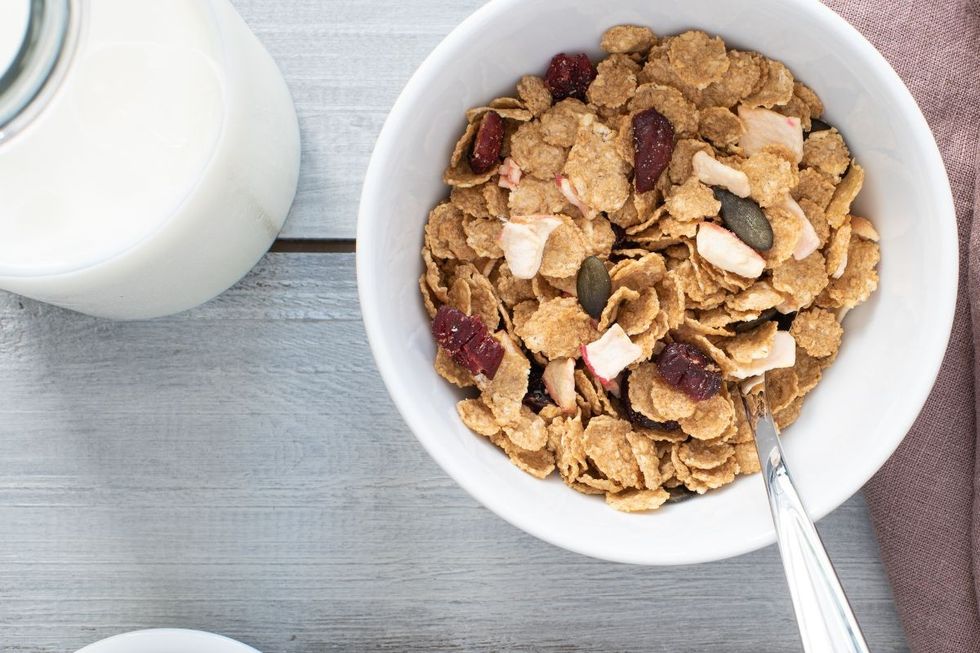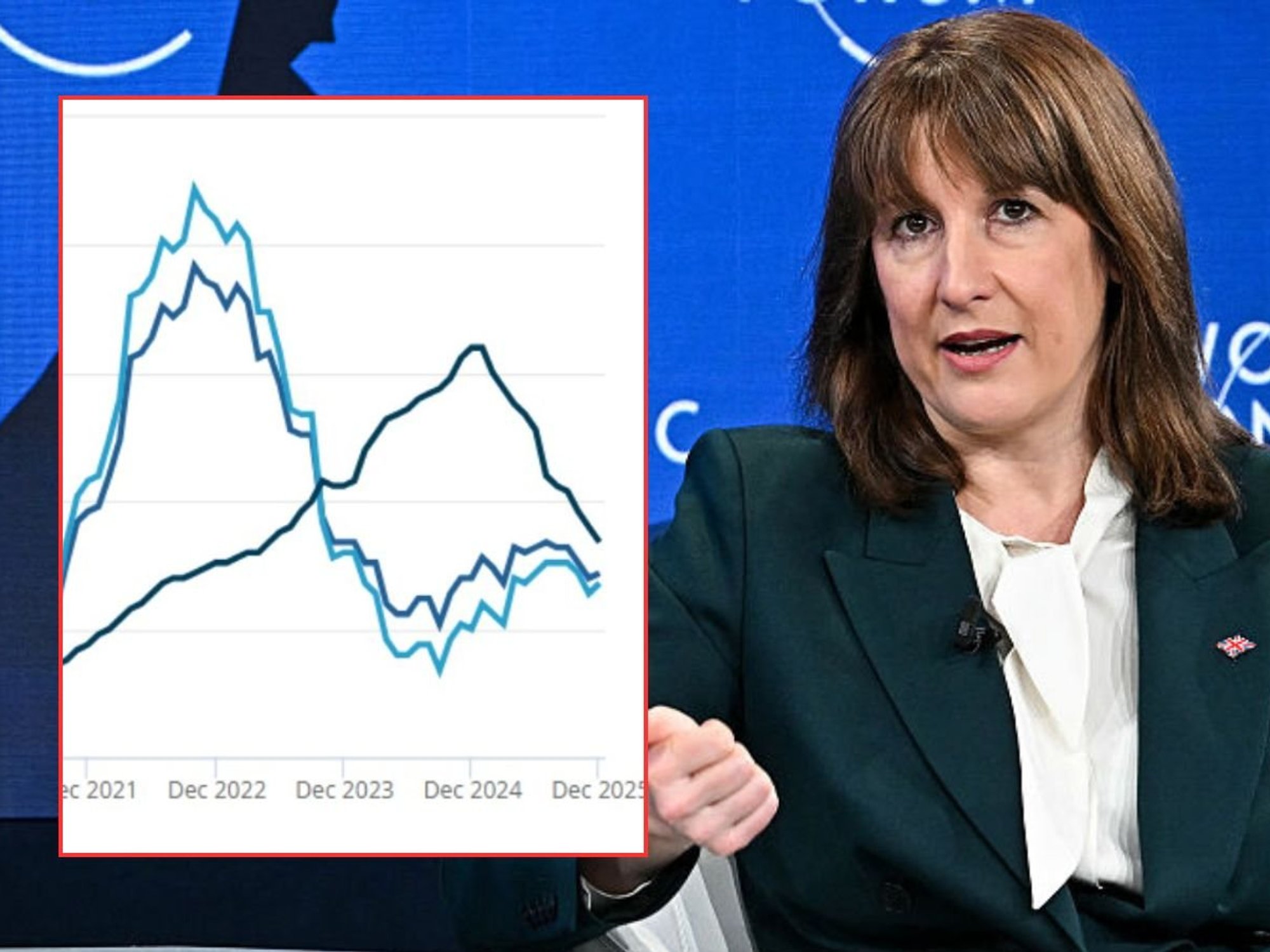High blood pressure: Easy breakfast swap could lower your risk by up to 26% finds study of 180,000

Adding a rich source of vitamins, minerals and phytochemicals to each meal could help regulate blood pressure
Don't Miss
Most Read
Latest
Hypertension, often referred to as high blood pressure, represents a silent pandemic affecting more than 1.28 billion people worldwide. To make matters worse, only half of those affected are aware of their condition.
But when it comes to protecting your heart from the condition, even small changes in your diet can make a difference, right down to the type of bread you eat.
Consuming whole grains alone may dramatically reduce the risk of developing high blood pressure, with a major new study suggesting it may slash the risk of the condition by up to a quarter.
Drawing on data from over 182,000 individuals across nine cohort studies, the study, published in Scientific Reports, found that people with the highest whole grain consumption were 26 per cent less likely to develop hypertension than those eating the least.

Hypertension can rapidly escalate into heart disease when left untreated
|GETTY
This encompasses all types of grains in their whole form, including brown rice, barley, oats, corn and rye.
All these ingredients pack in the nutritional benefits of whole grains without any additional ingredients.
How many whole grain foods should you eat?
Researchers spotted a dose-dependent relationship between whole grain intake and blood pressure benefits.
In the study, every additional 90 grams of whole grains consumed daily reduced hypertension risk by a further 14 per cent.
This equates to three slices of whole-grain bread or one bowl of whole-grain cereal.
What's more, the association followed a linear pattern, meaning greater intake provided proportionally greater protection.
In contrast, the researchers found no statistically meaningful association with hypertension risk.
The research supports current Nordic dietary recommendations of 75-90 grams of whole grains per day, though one Chinese cohort suggested potential for even greater benefits at higher intake levels.
There are several biological mechanisms that could explain the protective effects of whole grains against hypertension.
The high dietary fibre content in whole grains improves insulin sensitivity and endothelial functions, while antioxidants provide additional cardiovascular benefits through their impact on the gut microbiome.
In their whole state, grains have all three kernel parts intact, making them a rich source of vitamins, minerals and phytochemicals that help regulate blood pressure.
Thus, population-level shifts towards whole grains could deliver meaningful public health benefits.
LATEST DEVELOPMENTS

Eating whole grain cereal for breakfast could support healthy blood pressure
|GETTY
What is high blood pressure?
The cardiovascular disease is characterised by higher-than-normal force of blood pushing against the arterial walls.
When left untreated or poorly managed, hypertension can rapidly escalate into heart disease, stroke, kidney failure, and other potentially fatal complications.
The condition claims more than 10 million lives annually worldwide, with predictions suggesting an even grimmer future outlook for the non-communicable disease.











